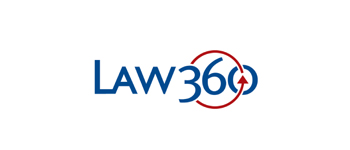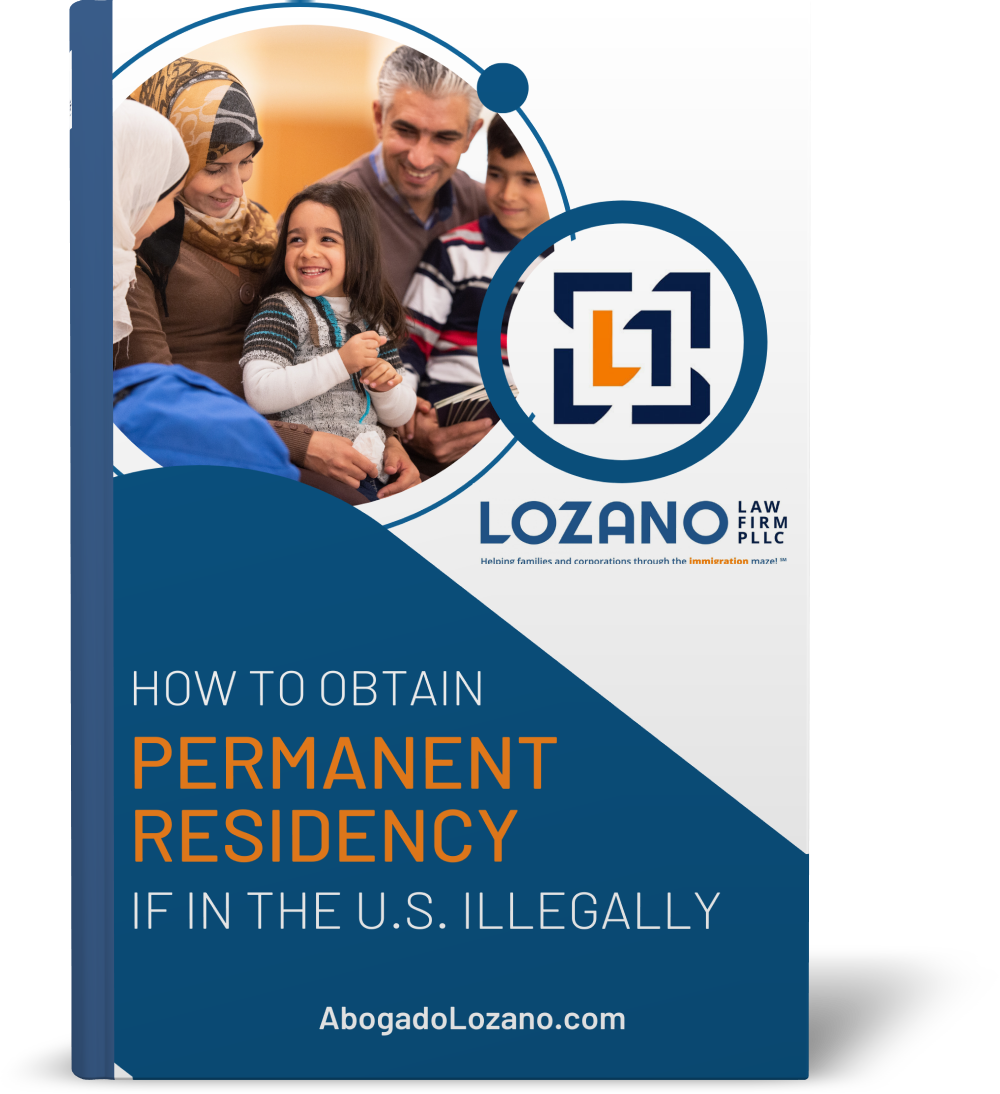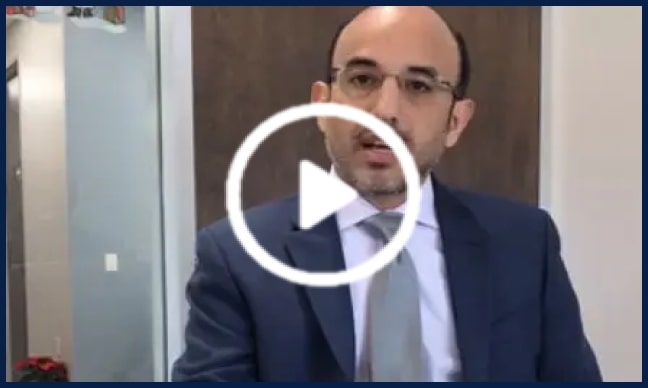Adjustment of Status is a legal process that enables immigrants in the U.S. to apply for permanent resident status. Such undertaking requires updated knowledge of immigration laws, so hiring an Adjustment of Status lawyer brings several advantages. Moreover, immigrants planning to have this transition do not need to return to their home country.
This article will provide a general overview of the Adjustment of Status in the United States. Learn about its filing process, criteria for eligibility, and things to consider during the application process. Explore how you can obtain a green card through various immigration petitions.

Work With An Adjustment Of Status Lawyer
The process begins with filing the Application to Register Permanent Residence or Form I-485. The form informs the U.S. Citizenship and Immigration Services (USCIS) about your intent and eligibility to adjust your status to a permanent resident.
The process timeline varies on a case-by-case basis. It depends on multiple factors. It may consider the availability of Visa numbers, the workload of the USCIS office handling your case, and the completeness of your submitted documentation. Generally, the process can take a few months to over a year.
To apply for Adjustment of Status, you must adhere to specific immigration status requirements during the application process. One of the requirements is maintaining a valid nonimmigrant status and being lawfully present in the U.S. at the time of filing.
Consulting an immigration lawyer provides clarity and boosts your chances of success. With their support, you gain peace of mind and can focus on building your future. Plus, having a legal advocate on your side can make all the difference if any issues arise. Don’t go it alone—an attorney’s guidance can smooth your path to becoming a lawful permanent resident.
Additionally, an experienced immigration lawyer can help you understand the complex requirements involved in adjusting your immigrant status.
Various Ways To Obtain A Green Card
You can get a Green Card in the United States in various ways. These options include family-based immigration, employment-based sponsorship, and other pathways to achieve permanent residency status.
Family-Based Immigration Petition
Family-based immigration is a path to getting a Green Card based on close familial relationships with the petitioner. It enables foreign nationals to live, work, and study in the United States as permanent residents.
A U.S. Citizen or Green Card holder must file Form I-130, Petition for Alien Relative with USCIS. Doing so will establish a qualifying relationship with a particular family member. You can apply for permanent residency depending on your relationship with a U.S. citizen or Green Card holder.
If you are an immediate relative (like a child, spouse, or parent) of a U.S. citizen, you can adjust your status through this avenue. Unlimited Visas are available for you in this category, and you do not have to wait for one to become available.
Furthermore, you can still be eligible under the family preference categories if you’re not an immediate relative. These include unmarried sons and daughters over 21, married children, and siblings of U.S. citizens. Visas in these categories have an annual numerical limit, and usually, there’s a wait time.
Spouses and unmarried children of permanent residents also have a category with limited Visas available annually. Remember that the wait time for Visa availability can be much longer in this category.
Employment-Based Green Card Process
The employment-based Green Card process is a path to permanent residence for foreign nationals based on their occupational skills or job offer. The United States offers opportunities for skilled workers, professionals, or other individuals who can contribute significantly to the U.S. economy.
There are five preference categories in the employment-based path:
- EB-1 for priority workers, including persons of exceptional talent, excellent academics and researchers, and international managers or executives.
- EB-2 for workers holding advanced degrees and persons of exceptional ability.
- EB-3 for skilled workers with baccalaureate degrees and other workers.
- EB-4 for certain special immigrants, such as religious workers.
- EB-5 for investors who will invest $1.0 to $1.8 million in a commercial enterprise in the U.S.
Unless exempt, the employer must obtain a Labor Certification from the Department of Labor (DOL). This process, known as PERM or Program Electronic Review Management, involves testing the job market. It aims to ensure that there are no available, willing, and qualified U.S. workers to fill the position.
After the approval of the Labor Certification, the employer will file a Form I-140, Petition for Alien Worker, with USCIS. This form proposes that USCIS classifies you under a particular employment-based preference category exhibited by the Labor Certification.
You can apply for an Immigrant Visa once you have a number to become a lawful permanent resident. USCIS will consider your admissibility to the United States during this final step before granting your permanent resident status.
Refugee Or Asylee Status
If you are a refugee or asylee, the United States offers a path to permanent residency as an acknowledgment on the unsafe conditions in your country. This process enables you to apply for a Green Card, providing you with the opportunity for a stable, safe life in the United States.
Before applying for a Green Card, you must meet specific eligibility requirements. If you’re a refugee, you must use a Green Card one year after being admitted to the United States in refugee status. If you are an asylee, you may apply for a Green Card after a year of the grant of asylum.
If you wish to extend safety and stability to your family members left behind, you can file Form I-730, Refugee/Asylee Relative Petition. This petition allows you to bring your partner and unmarried children under 21 to the United States. Remember that you must file the form within two years of the refugee or asylee admission or grant of asylum.
Diversity Visa Lottery
The Visa Lottery program diversifies the immigrant population in the United States. There’s a limited number of Green Cards in this lottery. The United States will allocate these to people from nations with low rates of immigration to the United States.
You must be born in a country with low immigration rates to qualify for the Diversity Visa Lottery. You must also possess a high school education or its equivalent. Or, you must have two years of work experience within the past five years in an occupation that requires at least two years of training.
You must register online during a designated period to participate, and the U.S. State Department randomly selects entries. Those selected must undergo a background check, a medical examination, and an interview at a local U.S. Embassy or Consulate. You can apply for an Adjustment of Status to become a permanent resident following the approval.
General Requirements For Adjustment Of Status
These are the general eligibility requirements for Adjustment of Status. To explore other criteria, you must meet the following:
- You must currently reside in the United States.
- You must have entered the United States legally. This usually means you were inspected by a U.S. immigration officer when you arrived.
- You need to be eligible for an Immigrant Visa. You must have a family relationship with an American citizen, employment offer, refugee/asylum status, and other categories.
- An Immigrant Visa should be immediately available when you file Form I-485. Visa availability depends on your immigration category and, in some cases, your country of origin.
Remember that these are the general requirements; specific immigrant categories may have extra requirements or exceptions. You might need to fill out specific forms related to your immigration category.
Grounds Of Inadmissibility Leading To Denial Of Application
Specific grounds of inadmissibility could lead to denying an Adjustment of Status application. For instance, health-related settings could arise from certain infectious diseases or a lack of required vaccinations.
Additionally, criminal grounds could include specific types of crimes or law violations. Security and related grounds might involve involvement in terrorist activities.
Furthermore, being a public charge can affect your application. A public charge is someone who is primarily dependent on the government for support. If immigration officers determine you are, it could negatively impact your application. This is because self-sufficiency is a crucial factor in the evaluation process.
Any fraud or misrepresentation during the immigration process also stands as a potent ground for inadmissibility. Therefore, it is crucial to maintain a valid immigration status during the entire process. Violating the terms of your current immigration status, overstaying a Visa, or working without authorization could reject your application.
Filing A Waiver
Sometimes, you can overcome grounds of inadmissibility by filing a waiver. It acts like a pardon for certain things that could stop you from becoming a Green Card holder. The waiver is usually for issues like being in the United States without permission or having a criminal record, in some cases.
Not all grounds of inadmissibility allow for a waiver; in some cases, more than one waiver might be necessary. If you get one for one of these issues, you won’t need to apply for the same waiver again in the future. You can apply for the waiver at the same time as the Adjustment of Status application or separately using a specific form, like Form I-6021.
It’s essential to engage with an immigration attorney if you’re going to file a waiver. They can also explore some other ways you can succeed with Adjustment of Status.
Lozano Law Firm Is Your Practical Guide For Adjustment Of Status

Do you have a non-immigrant Visa and are planning to transition to holding a Green Card? Then you may be wondering: is there an adjustment of status lawyer near me? Truth be told, there is. Lozano Law Firm, based in Texas, helps clients with their adjustment of status process. If you’re looking to switch from a Temporary Visa to a permanent resident status, an adjustment of status lawyer from the firm can guide you every step of the way.
Our team knows the ins and outs of immigration law, ensuring you have the best chance of success. Whether it’s preparing your application, gathering necessary documents, or representing you in interviews, we’ve got your back.
At Lozano Law Firm, we understand each case is different. We take the time to understand your specific situation and tailor our approach accordingly. You’re not just another case number to us. We work diligently to protect your rights and achieve the best possible outcome for you and your family.
For anyone seeking help with adjustment of status, contact the firm today so our experienced team can assist you.
Summary
The Adjustment of Status is a critical procedure in U.S. regulations. It enables foreign nationals to gain permanent resident status without departing the country. It requires meeting several eligibility criteria, like being physically present and entering the country lawfully.
There are various ways you can obtain a Green Card. This includes family-based immigration, employment-based sponsorship, refugee or asylee status, and the Diversity Visa Lottery. Moreover, you must know specific inadmissibility grounds that can cause application denial. Work with an adjustment of status lawyer to navigate this process efficiently to obtain a permanent residency.
















